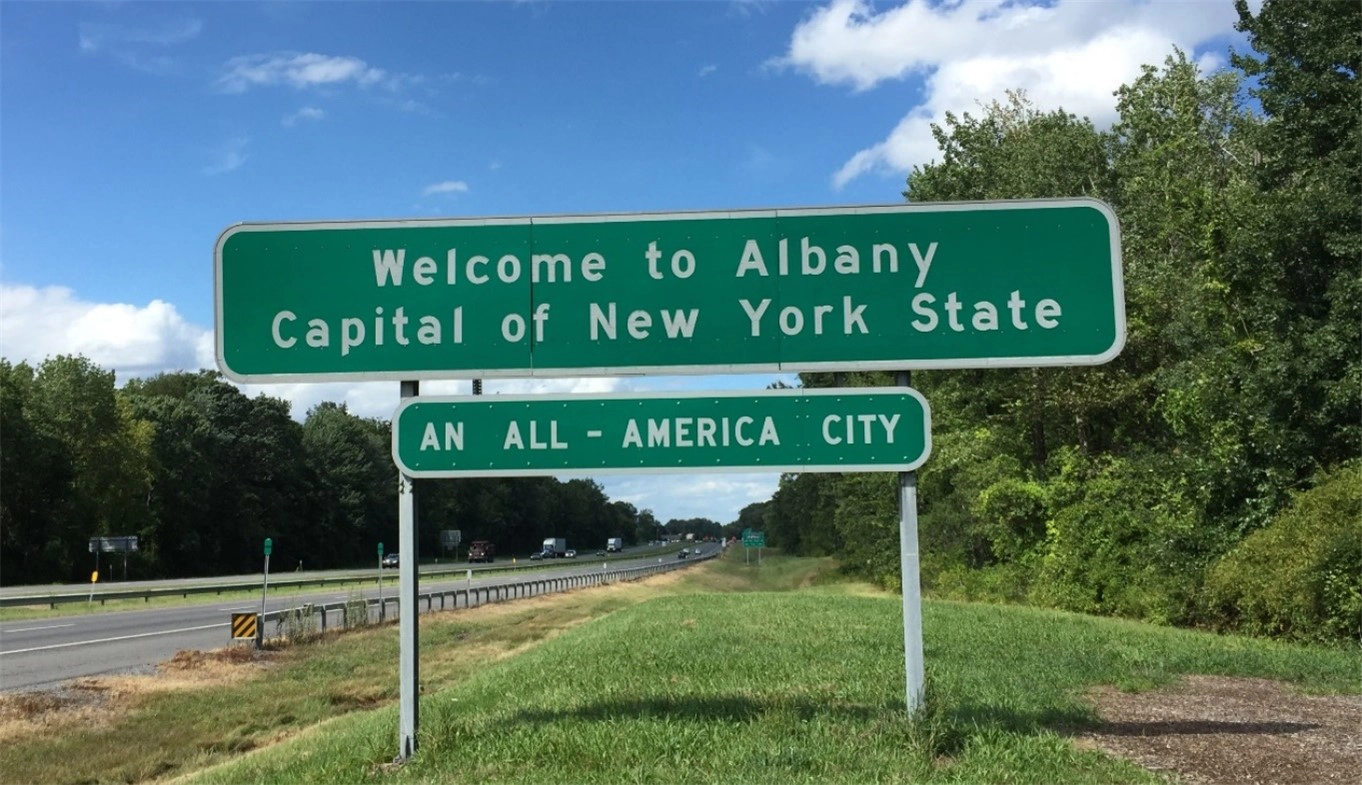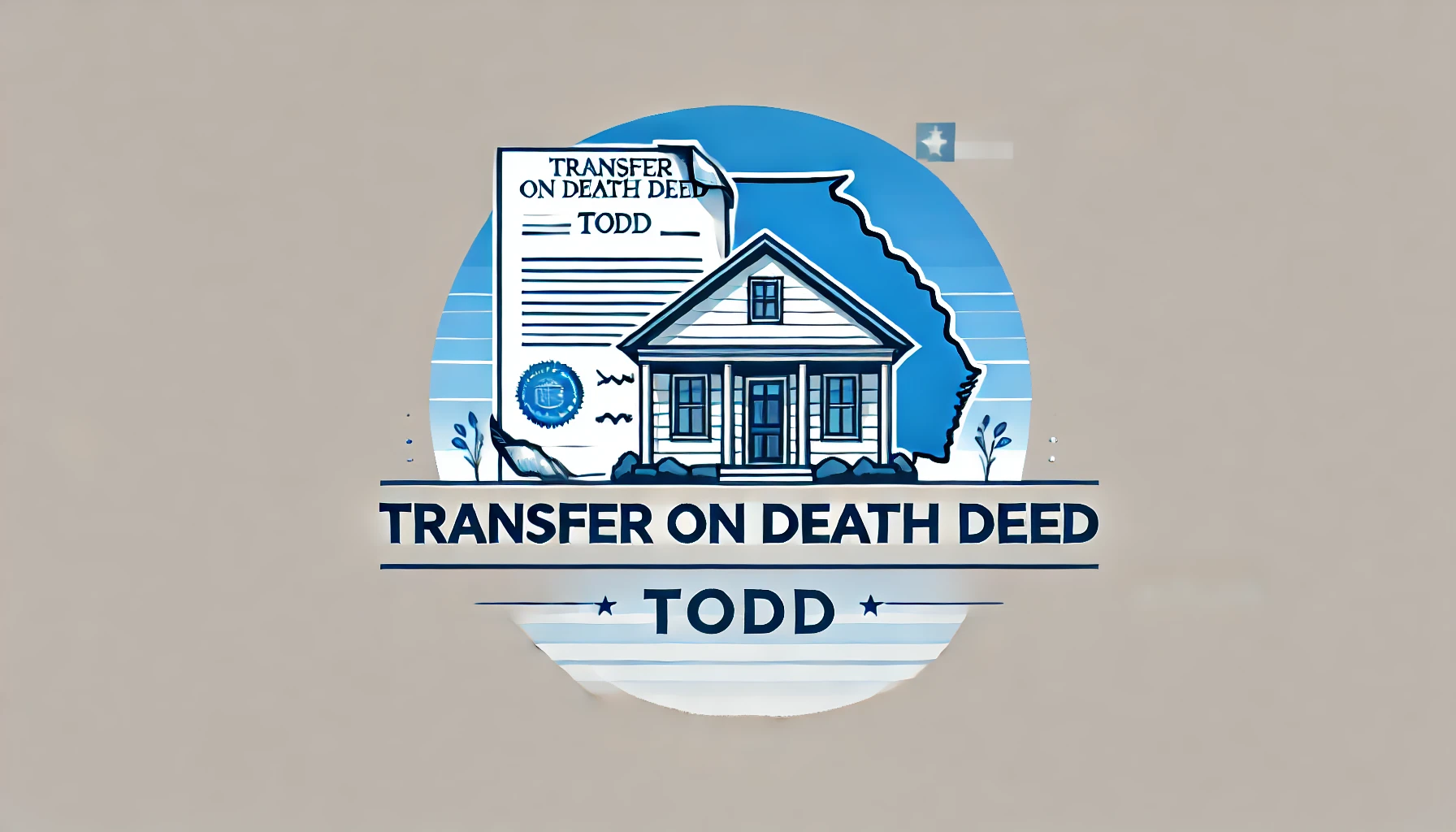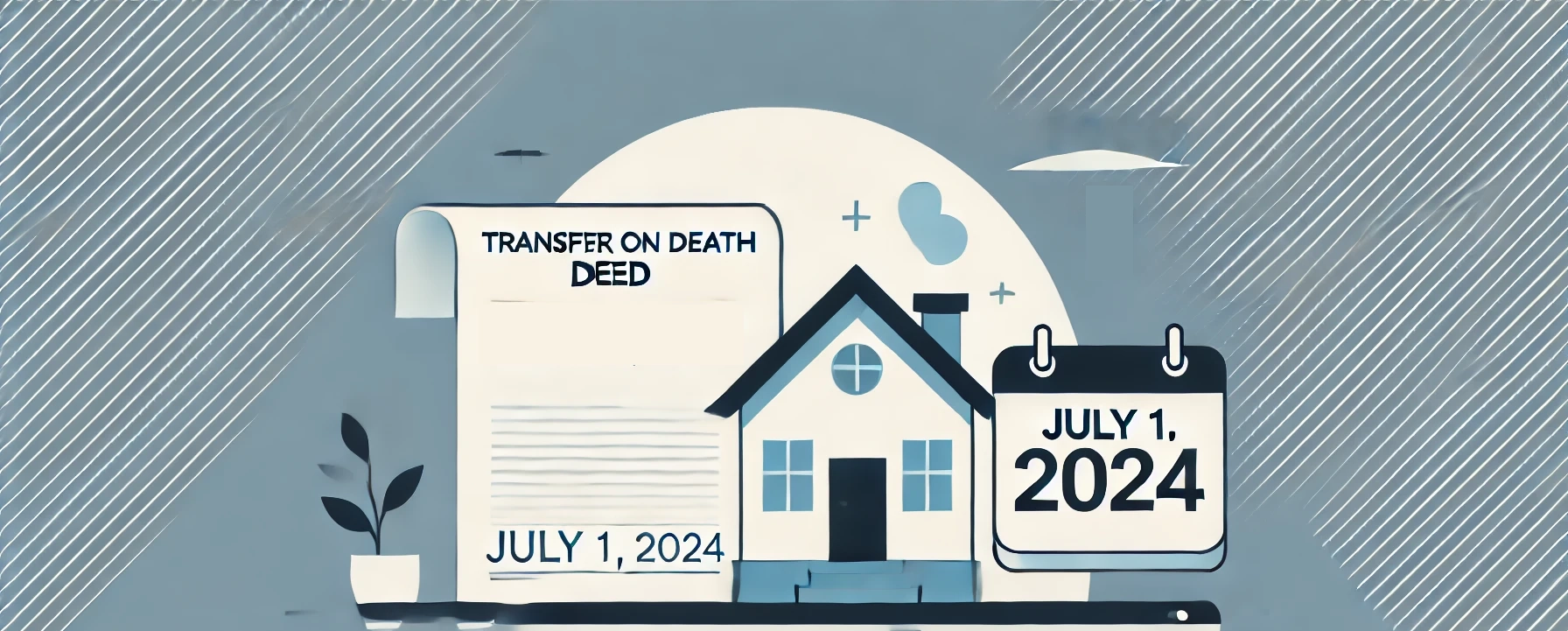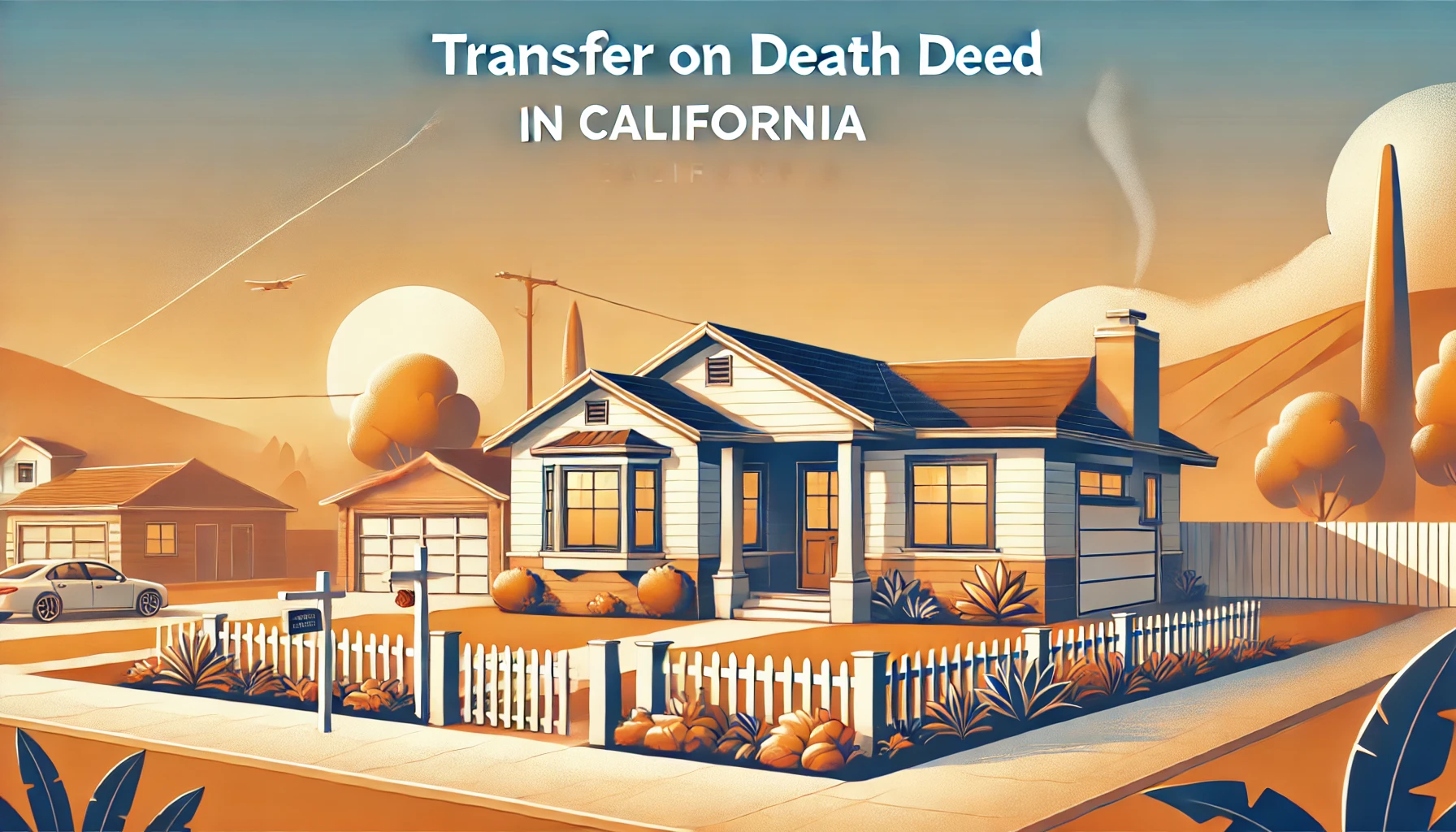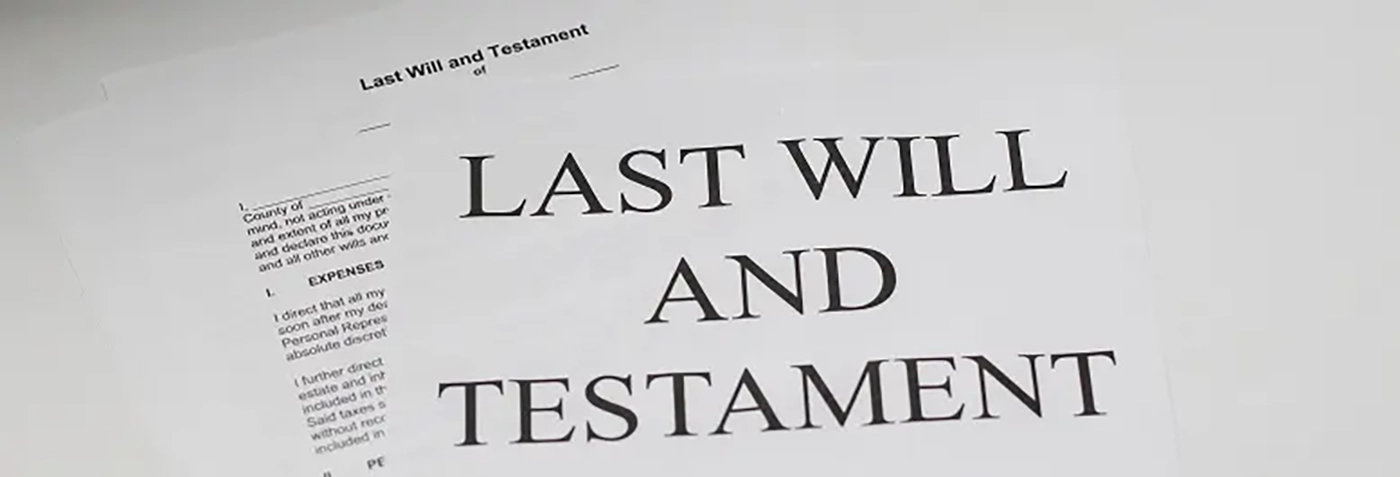Category: Transfer on Death Deed
-

New in New York: Transfer on Death Deeds
In July 2024, the brand-new Transfer on Death Deed Law went into effect in New York State. Residents are now free to create and record a transfer on death deed (also known as the TODD or TOD deed). If you know who you’re leaving your home to, and that person doesn’t already hold rights of…
-

Understanding Life Estate Deeds: Benefits and Drawbacks
It’s possible to deed your property into a co-ownership with the person who will receive your home after your life. Perhaps you plan to leave your house to an adult child, or even a friend. A life estate deed is one option. It keeps you in your home for life. After your life, your home bypasses probate,…
-

Understanding Transfer on Death Deeds (TODDs) and Their Introduction in Georgia
A Transfer on Death Deed (TODD) is a legal document that allows property owners to transfer real estate to a beneficiary upon their death without the need for probate. This type of deed is designed to simplify the process of property transfer, ensuring that the designated beneficiary receives the property directly, avoiding the lengthy and…
-

Effective July 1, 2024: New Requirements for Transfer on Death Deeds in Indiana
Starting July 1, 2024, all Indiana counties will implement new requirements for the Transfer on Death Deed (TODD). This legislative update mandates specific procedures and introduces the option of a $10 parcel fee for endorsements by county auditors. The changes are guided by the Indiana Code (IC), particularly IC 32-17-14-26 and IC 36-2-11-14. This article…
-

The Transfer on Death Deed: Is It Always Simpler Than Probate?
Passing property along when you no longer live in it shouldn’t be a huge hassle. And that’s why an increasingly popular choice is the transfer on death deed. This is a real deed, which designates a beneficiary on the real estate title. If you have a beneficiary in mind, and you aren’t already co-owners with…
-

Staying Informed About California Transfer on Death Deeds
This year has been an interesting one for California’s revocable transfer on death deed. Beginning in 2022, California homeowners using TOD deeds (sometimes just called TODDs) must have two adult witnesses sign the document. So, for a valid TOD deed, you must sign the document, have your signature notarized, have two witnesses, and file the…
-

Estate Planning With a Transfer on Death Deed
New Rules for California Homeowners Since 2016, California has been offering homeowners a very simple way to transfer their homes to beneficiaries. It’s called the transfer on death deed — also written as TOD deed, TODD, or beneficiary deed. A TOD deed, where a state allows it, enables a named beneficiary to take title without…
-

What Happens When Wills and Deeds Conflict?
When a person passes away, the death certificate and last will are submitted to the county probate court. A person representative begins the process of passing assets along as the will directs — except when other valid legal instruments have priority. One of those instruments is the all-important real estate deed. Houses can be left…
-
Update: The State of the Transfer on Death Deed
Ever thought about placing some of your key assets in instruments that bypass the probate process? In a number of states, homeowners have the option of placing their real estate in a transfer on death deed. Think of a retirement account that’s transferred to its designated beneficiary on death. In the same way, with a…
-
Adding Someone to Your Real Estate Deed? Know the Risks.
It’s your home. You might wish to add another person—perhaps an intimate friend or a family member. Doing this is a relatively simple action. And you have the right to do it. Still, be sure to consider the unintended consequences. However well-intended your desire to bring a loved one onto your real estate deed, the…

